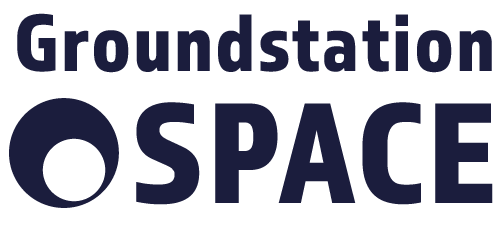State-of-Play of startups: Why big is not always better in the EO industry

Big-not-always-better
A robust economy may not be the singular most important factor to drive startup in the business ecosystem of the EO industry.
To identify the current entrepreneurial drive among selected countries in Europe, we attempted to explore new businesses created by the emerging EO sector Vis a Vis national income.

From the Graph above the GDP (accumulated from 2006-2018) is compared with the number of EO startups within the same period. With GDP computed as a measurement of all finished goods and services in monetary terms, we anticipated that productivity of new EO business would follow similar pattern. This however was not the case as can be observed from the graph, that Germany has the highest GDP for the period estimated at about € 58,000 billion and France also hovering around € 44,000 billion. However, France on the other hand appears to have much more New EO Enterprises established relative to Germany. With a GDP of about € 22,000 billion placing 5th after Germany, France, Italy and Spain, the Netherlands comes 3rd place with New EO Enterprises ahead of Italy and Spain. Poland and Greece experienced relative growth in new EO startups whilst Croatia saw the least new EO enterprises.
From an economic perspective, the wealth of nations as a basic economic assessment is measured in the income per capita, Gross Domestic Product (GDP) or Net National Product among other economic metrics. With enormous financial backbone, countries are able to afford advanced technologies to drive socio-economic development and expand their global influence. In the past 5 decades funding for state of the arts technology to improve security, food production, environmental protection have remain topmost priority to address. Developed countries have explored various alternatives including massive investment in space explorations to drive the desired developmental agenda.
According to the Special Eurobarometer 403 report published in January 2014, several Europeans pertaining to their expectations of space explorations express different opinions. The expect Earth Observation (EO) to help address environmental issues, support for agriculture, transportation, security, education, health, employment, research and development. This implies that there is a higher degree of attachment to the reliability of EO to address prevailing human issues, including the attainment of the Sustainable Development Goals (SDGs). This creates a potentially huge business opportunities for existing business or innovative entrepreneurial drive for new businesses.
France plays host to the European Space Agency Headquarters, hence the potential of attracting much more direct benefits from the ESA innovations to drive its developmental agenda. The Netherlands on the other hand hosts one of the ESA incubation centers (Noordwijk) as well as many other innovative drives. Croatia’s space programmes are at a very young stage given that it does not have a space and until 2017 its Adriatic Aerospace Association was not yet formed, this explains why it settles for bottom place.
Overall, a multiplicity of factors affect the formation of EO companies and their sustenance. When many of these business startups get the desired support to thrive, giant steps could be made towards meeting future expectations, particularly the SDGs.














1 Comment
Interesting, amongst the ‘weak pack’ I see Poland and Greece are relative out-performers. Why?